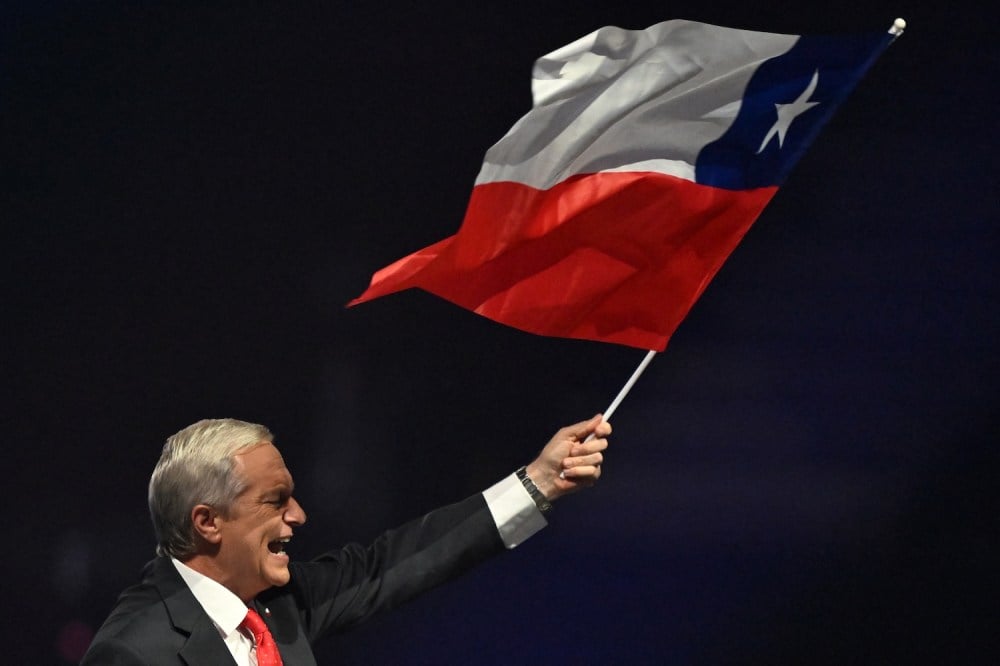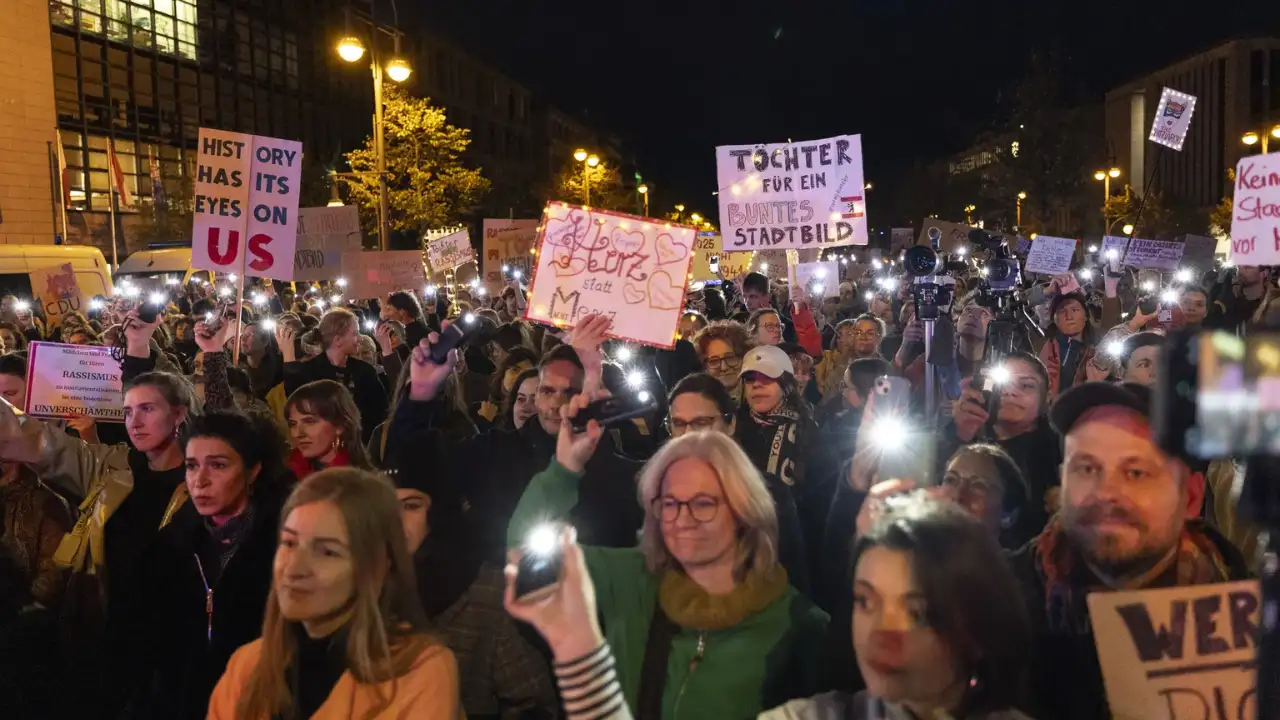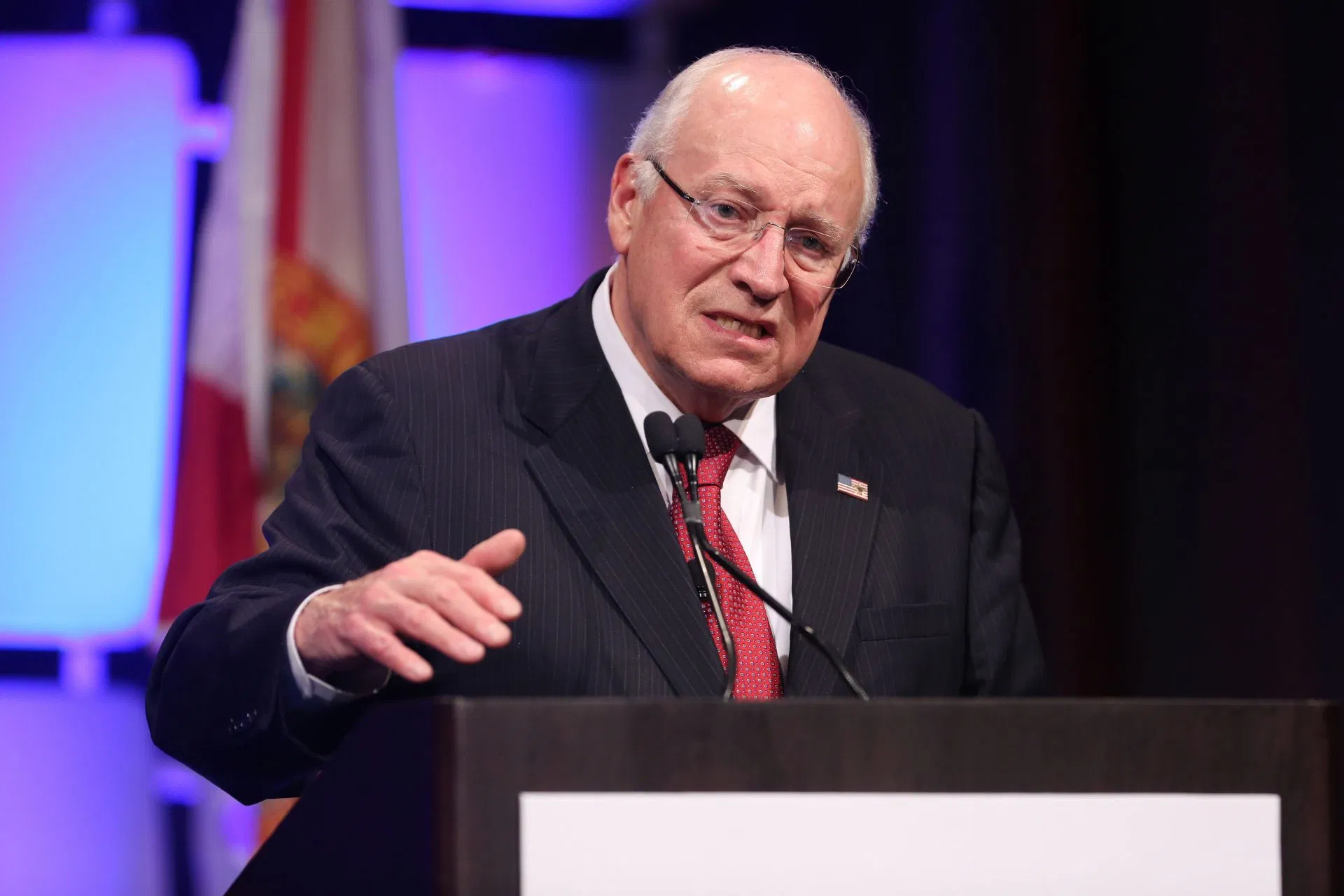Copyright Foreign Policy

Chile is the latest country in the Western Hemisphere to face a stark choice between right and left. While the upcoming presidential election remains fluid, the leading contenders are José Antonio Kast, a right-wing politician that many liken to U.S. President Donald Trump, and an upstart Communist Party candidate, Jeannette Jara. Jara is currently the favorite to eke out a narrow win in first-round voting, but even if that happens, she is expected to fall short of the 50 percent needed to avoid a runoff election—and then to lose to Kast in that runoff. A Kast victory would continue a rightward trend in Latin America. A right turn in Chile would follow similar recent shifts in Argentina, Bolivia, and Ecuador. And given some of Kast’s polarizing rhetoric and policy proposals, it could deepen the country’s worsening political divide and fuel another round of instability that threatens Chile’s longtime status as a beacon of stable democracy and economic prosperity in the region. From Chile’s transition to democracy in 1990 until the election of President Gabriel Boric, politicians on the left and right have governed with restraint and moderation out of a recognition of the country’s fraught history with dictatorship and its hard-won economic gains, along with the straightjacket of its authoritarian-era constitution. That won Chile a reputation for political stability and, along with the country’s openness to the international market and respect for private property, impressive economic growth. It was the first country in the region to achieve high-income status and join the vaunted Organization for Economic Cooperation and Development club of developed economies. Much has changed since Chile’s last presidential election four years ago. In late 2021, the country voted overwhelmingly to begin a process to replace its constitution, which dates back to the era of dictatorship under Gen. Augusto Pinochet. The country then rejected both a progressive and then a conservative replacement constitution in succession, taking the wind out of reform and leaving Boric and the left politically adrift. The reelection of Trump, who has allied himself with—and provided material support to—right-wing figures across Latin America has buoyed the ascendant right. The turnabout comes at a time when Chile has been struggling economically and socially. The country’s economic growth has been anemic under Boric, generating a sense among many Chileans that the country is heading in the wrong direction. One-fifth of Chileans report a desire to emigrate. Meanwhile, inflation spiked to levels not seen since the early 1990s in the first two years of Boric’s term, driving up the cost of living and deepening economic anxieties. Although it receded last year, inflation remains above the Central Bank’s target and continues to push prices higher. Crime and immigration are also top issues among Chileans, sharpened by the weak economy. Although crime rates in the country remain low compared to much of Latin America, certain crimes have increased considerably over the past several years, mostly linked to organized crime. The country’s porous northern borders have become hots pots for human and drug trafficking. A series of high-profile, brutal murders have shocked the country. Other illicit activities linked to organized crime, such as money laundering, drug trafficking, and kidnapping, have also risen. That has generated a strong public appetite for tough-on-crime policies to stem a pervasive sense of insecurity. Public perceptions, in part due to political rhetoric, have tied this crime to immigration. Immigration has slowed in the past several years but remains a contentious political issue because of the roughly 1.5 million migrants—many of whom have arrived from Venezuela since 2017—that remain in the country. The country has taken a series of steps in the past two years toward stemming immigration and criminalizing irregular entry. But the share of foreign-born individuals living in Chile remains at a many-decades high. Kast has leaned into the sense of insecurity among Chileans, promising a “war” against organized crime and the construction of maximum security prisons modeled on El Salvador’s notorious detention centers. He has also ramped up hard-line rhetoric against immigrants, vowing to round up all undocumented migrants in detention centers and expel them from the country. Echoing Trump, he has further promised to build a wall on the northern border with Bolivia to stem illegal migration. Kast aims to ally himself with Trump and put a firm stop on social and economic reform proposals. Kast’s competition on the right for some time had been the more traditional, mainstream figure of Evelyn Matthei, but some recent polls have put Johannes Kaiser—who advocates an even harsher stance on these issues—behind Kast at third place. Kast’s positions have put Jara on the defensive. She has promised to build new prisons and use presidential powers to deploy the armed forces to secure Chile’s border areas. Jara has also had to walk back comments characterizing Cuba as a democracy, which caused many moderates and independents to be wary of her Communist Party affiliation. Even so, Jara also has strengths. Her working-class background sets her apart among politicians that are overwhelmingly drawn from the elite. She also has a track record of successfully fighting for minimum wage increases, pro-worker labor reform, and pension reform. But that might not be enough. More than half of voters say they would never cast a vote for Jara. That unfavorability rating is about 10 points worse than it is for Kast. Consequently, pollsters expect that Kast would gather together the right and win in a runoff against Jara. A Kast victory would be a remarkable departure from the tradition of restrained and moderate politics as it has been practiced since Chile’s return to democracy. But the massive protests that rocked the country in 2019 and 2020 exposed deep popular discontent with the status quo as well as fragility in the country’s institutions. Boric failed to harness that discontent for major reform. And Kast wants to put it far out of reach while militarizing crime and immigration policies in ways that many fear will be reminiscent of the authoritarian era.



